Start your day with intelligence. Get The OODA Daily Pulse.
Start your day with intelligence. Get The OODA Daily Pulse.
Welcome to 8th edition of my annual top 10 books list! Each year, I read close to 100 books and distill down my 10 favorite security, technology and business books into this top 10 list and also include my favorite fiction books of year and a handful of honorable mentions that didn’t make the top ten, but are highly recommended. From a thematic perspective, I certainly took a deep dive into economic systems, disruptive innovation, and some of the underlying or shadow elements of modern society and attempts to disrupt them. I’ve also made an effort to read books recommended by the OODA Network (Nexus) or personally recommended by peers (Fire Weather) or otherwise influenced by the thematics in the OODA Almanac.
If you like these recommendations, I’d greatly appreciate it if you sign up for my weekly Global Frequency mailing list. For this mailing list, I review one book per week and the Global Frequency which also includes my hand-curated picks for the top technology and security news of the week. I keep a rolling list of recommended books on the Global Frequency Idea List at Amazon.
Also, please feel free to connect with me on social media, and always feel free to send me suggestions or review copies of your books. LinkedIn | Twitter | Instagram | BlueSky
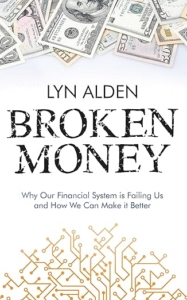
“Broken Money: Why Our Financial System is Failing Us and How We Can Make it Better” by Lyn Alden focuses on the broad economic challenges facing the United States and innovative ways in which they might be addressed.
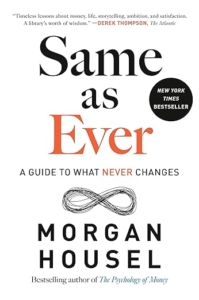
“Same as Ever: A Guide to What Never Changes” by Morgan Housel is an absolutely fantastic analysis of major societal, economic, and cultural elements that seem to change, but actually are mostly static.
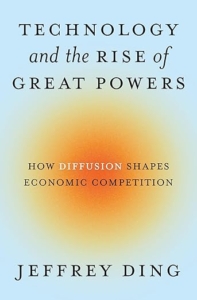
“Technology and the Rise of Great Powers: How Diffusion Shapes Economic Competition” by Jeffrey Ding looks at how great powers can obtain supremacy through technology diffusion, not necessarily innovation. I also highly recommend Jeffrey’s ChinaAI mailing list.
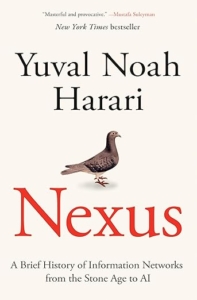
“Nexus: A Brief History of Information Networks from the Stone Age to AI” by Yuval Noah Harari is an essential but at times depressing look at how information systems have worked through the ages including their success, failures, and ability to self-correct and what happens when they don’t.
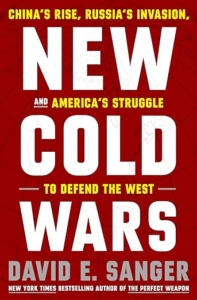
“New Cold Wars: China’s Rise, Russia’s Invasion, and America’s Struggle to Defend the West” by David E. Sanger takes a deep look and the complexities of international and security relations between US and China and Russia over the past several decades. Full of useful historical perspective and tremendous insights for the way ahead.
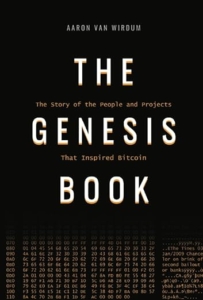
“The Genesis Book: The Story of the People and Projects That Inspired Bitcoin” by Aaron van Wirdum is one of the best books on the origins of bitcoin that looks beyond the technology itself and into the community and culture that served as the basis for the technology over the past 40 years.
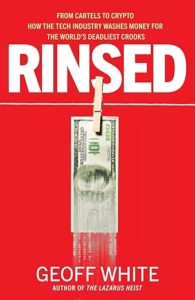
“Rinsed: From Cartels to Crypto: How the Tech Industry Washes Money for the World’s Deadliest Crooks” by Geoff White is an essential look into the global criminal underbelly of the international financial system and how money laundering is being enhanced with new disruptive technologies.
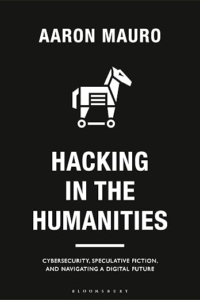
“Hacking in the Humanities: Cybersecurity, Speculative Fiction, and Navigating a Digital Future” by Aaron Mauro was my favorite book of the year full of rich references into the emergence, influence, and convergence of hacking in the humanities. So deeply researched and footnoted, I’m still digging through source material to read.
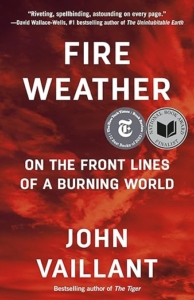
“Fire Weather: On the Front Lines of a Burning World” by John Vaillant is brilliant examination of the new realities of forest fires in the context of global warming. Told through the perspective of unprecedented Canadian fires and the people they impacted, this is a harrowing and absolutely essential read.
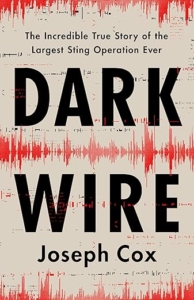
“Dark Wire: The Incredible True Story of the Largest Sting Operation Ever” by Joseph Cox tells the story of an FBI operated anonymous mobile phone service and the global criminal enterprises it dismantled. This was a brilliant and brave operation told through the perspective of the global criminals using the service and the OPSEC sensitive global law enforcement team operating it without blowing its cover.
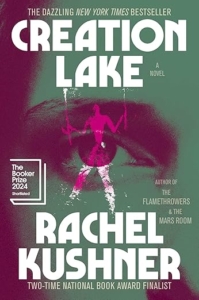
“Creation Lake” by Rachel Kushner is a modern, hip, and nuanced take on a spy novel set against the backdrop of environmental activism and corporate espionage.
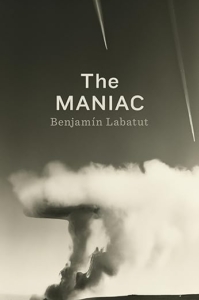
“The MANIAC” by Benjamin Labatut continues Labatut’s brilliant blending of historical personalities and events with fictional narratives.
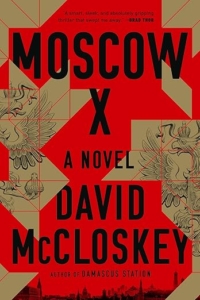
“Moscow X” by David McCloskey is a super-contemporary spy novel focused on modern day Russia with complex oligarch and economic underpinnings. Fast-paced and brilliantly executed storyline.
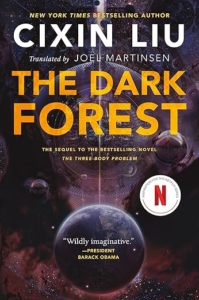
“The Dark Forest” by Cixin Liu is the second the Three Body Problem series and did not disappoint. The complexity of the story, brilliance of the language, and stickiness of the underlying thematics has forced me to pace myself to one book per year in the trilogy to thoroughly absorb and enjoy it.
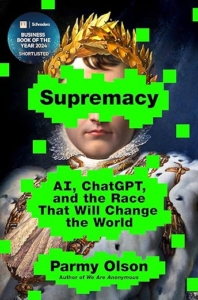
“Supremacy: AI, ChatGPT, and the Race that Will Change the World” by Parmy Olson
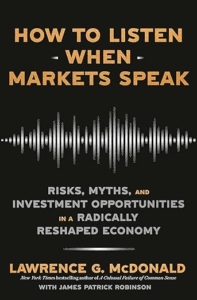
“How to Listen When Markets Speak: Risks, Myths, and Investment Opportunities in a Radically Reshaped Economy” by Lawrence G. McDonald
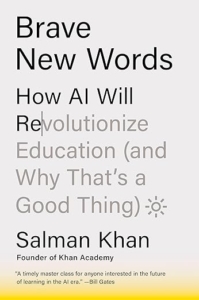
“Brave New Words: How AI Will Revolutionize Education (and Why That’s a Good Thing)” by Salman Khan
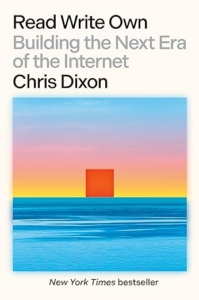
“Read Write Own: Building the Next Era of the Internet” by Chris Dixon
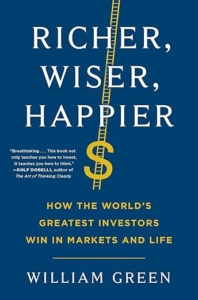
“Richer, Wiser, Happier: How the World’s Greatest Investors Win in Markets and Life” by William Green
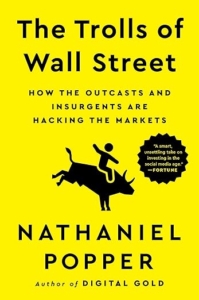
“The Trolls of Wall Street: How the Outcasts and Insurgents Are Hacking the Markets” by Nathaniel Popper
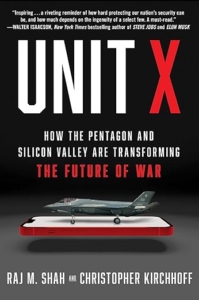
“Unit X: How the Pentagon and Silicon Valley Are Transforming the Future of War” by Raj M. Shah and Christopher Kirchhoff
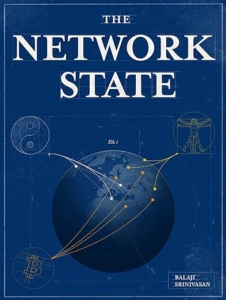
“The Network State: How To Start a New Country” by Balaji Srinivasan